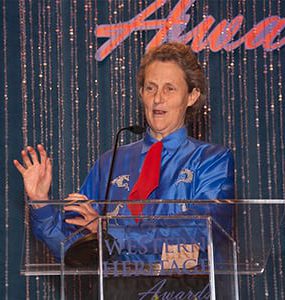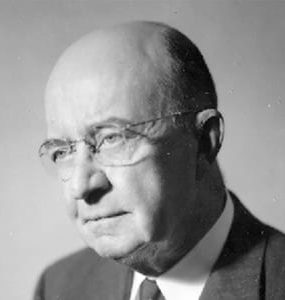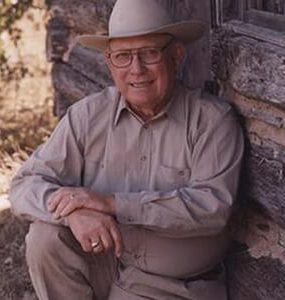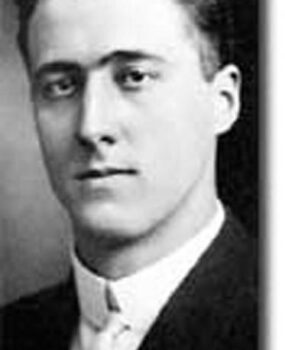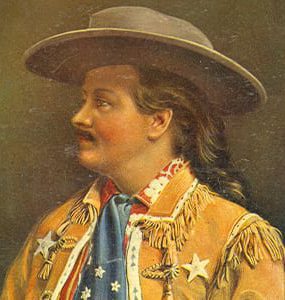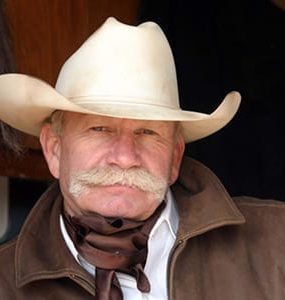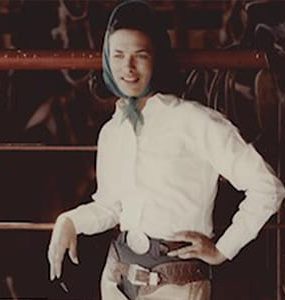Bio
Temple Grandin, born on August 29, 1947, in Boston, Massachusetts, is a renowned animal behaviorist and autism advocate whose innovative work has transformed livestock handling and the understanding of autism. Diagnosed with autism at the age of two, Grandin faced numerous challenges growing up, but her mother’s determination and support played a crucial role in her development.
Grandin’s unique perspective as an individual with autism allowed her to connect with animals in a profound way. She earned a bachelor’s degree in psychology from Franklin Pierce College in 1970, followed by a master’s degree in animal science from Arizona State University in 1975, and a Ph.D. in animal science from the University of Illinois at Urbana-Champaign in 1989. Her academic achievements paved the way for her groundbreaking work in animal behavior.
One of Grandin’s most significant contributions is her development of humane livestock handling systems. She designed curved corrals intended to reduce stress in animals during handling, based on the principle that cattle move more smoothly through curved paths. Her innovations have been widely adopted in the livestock industry, significantly improving animal welfare and efficiency in processing plants. Today, nearly half of all cattle in the United States are handled in systems she designed.
In addition to her work with animals, Grandin is a prominent advocate for people with autism. She has written numerous books, including “Thinking in Pictures” and “The Autistic Brain,” which provide insight into the autistic mind and emphasize the importance of nurturing individual strengths. Her life and achievements were brought to a wider audience through the HBO biopic “Temple Grandin” (2010), starring Claire Danes, which won several Emmy Awards.
Grandin’s contributions have earned her numerous accolades, including being named one of Time magazine’s 100 most influential people in the world in 2010. Her work continues to inspire and educate, making a lasting impact on both animal science and autism advocacy.








